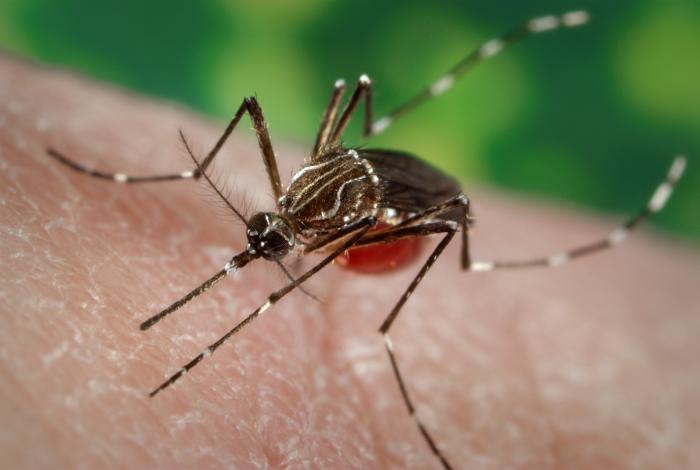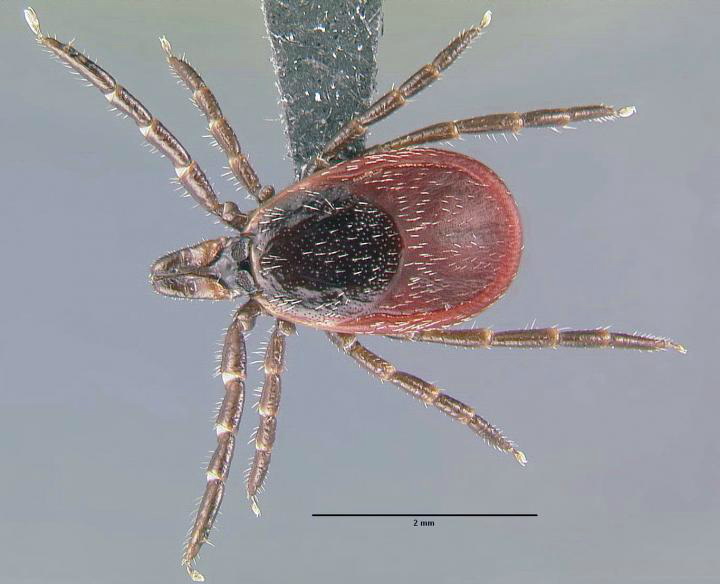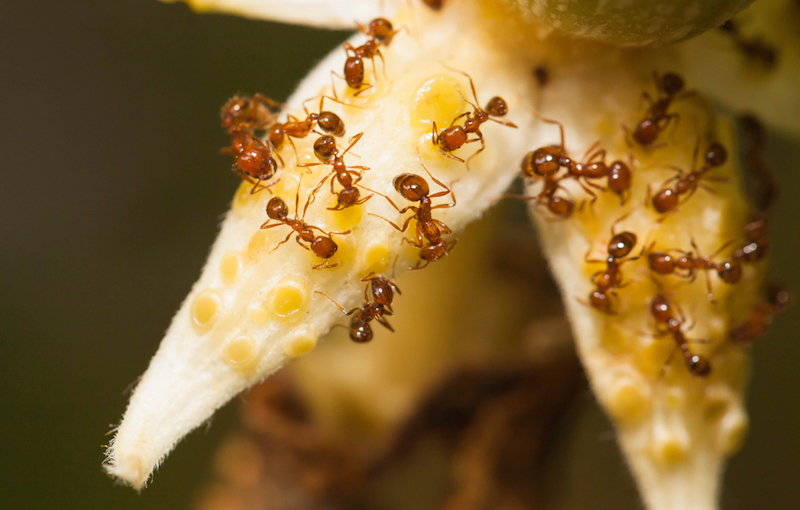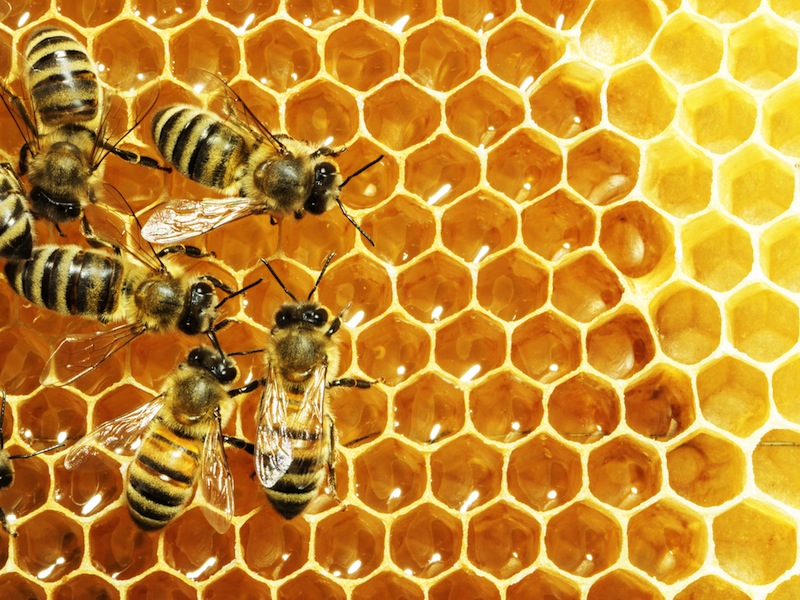4 Biting and Stinging Bugs to Avoid This Summer

You might think of a mosquito as an annoying insect whose bite can cause an itchy, red bump. But you might not realize that mosquitoes — and the illnesses they can transmit — can be a serious health threat.
This summer, there's good reason to worry about two species within the Aedes genus of mosquitoes because of their potential to spread the Zika virus and other viruses. The Zika virus has been actively circulating in Latin America and the Caribbean.
So far, there have been several hundred cases of Zika in the U.S., but all have been "travel related" cases, meaning that people either caught the virus while traveling or through sexual activity with someone else who caught it while traveling.
But experts are concerned about the threat of "local transmission" of Zika, meaning that people within the United States could catch the virus from mosquitoes here, especially as warm weather approaches and the mosquito population multiplies. [5 Things to Know About Zika Virus]
"Mosquitoes are the deadliest animals in the world because of the diseases they spread," reads a recent edition of the newsletter "Vital Signs," published by the Centers for Disease Control and Prevention.
In addition, there are other bugs that can affect human health and thus should be of concern, said Catherine Hill, a professor of entomology and vector biology at Purdue University in West Lafayette, Indiana.
For example, about 4 percent of people worldwide might develop a severe allergic reaction known as anaphylaxis after getting stung by a honeybee, Hill said.
Sign up for the Live Science daily newsletter now
Get the world’s most fascinating discoveries delivered straight to your inbox.
But sometimes, bugs get a bad rap, she said. The vast majority of these little critters are beneficial to people, and only a small percentage of them have the potential to affect our health, Hill said.
4 bugs that may cause trouble
People are hardwired with a protective response to avoid potential danger, and this instinct can kick in when a stinging insect buzzes close by. But in some people, the fear of being stung by these bugs is disproportionate to the actual risk, Hill said.
The actual risk of a serious health problem after getting stung or bitten by a bug is very low, and there are simple steps people can take to lower their risk even further, Hill told Live Science.

Live Science asked Hill to name the bugs that pose the most health risks to Americans this summer. Here is what she said.
Mosquitoes. There are thousands of mosquito species, but only a very small number of them transmit viruses, Hill said. Some mosquitoes can spread West Nile virus, which can lead to encephalitis, or inflammation of the brain, she said. Moreover, species in the Aedes genus can spread not only Zika but also dengue virus and chikungunya virus.
The CDC is paying close attention to cases of these diseases, as well as outbreaks of the Zika virus. [10 Bizarre Diseases You Can Get in the Wilderness]
Officials are concerned about the potential for local transmission of the Zika virus, Hill said. This could happen if, for example, an Aedes mosquito in the U.S. were to bite a person who was carrying the Zika virus in their blood after traveling abroad, and then this mosquito became infected. It could then transmit the virus to other people in this country.
The Zika virus has been linked with severe birth defects in infants as well as Guillain-Barré syndrome, a rare neurological condition that causes muscle weakness and sometimes even paralysis in adults and children.
The best ways to ward off mosquitoes are to avoid being outdoors around dawn and dusk, cover up as much skin as possible with light-colored clothing, protect exposed skin with insect repellent and eliminate standing water around a home.

Ticks. Deer ticks, about the size of a tiny freckle, can seek out human hosts in wooded areas east of the Rockies and along the eastern seaboard, from Florida to Canada, Hill said. Deer ticks can attach to the skin and transmit the bacteria that cause Lyme disease.
To prevent tick bites, it's important to use repellent on your skin and clothing, cover exposed skin, tuck in shirts and put pant legs into socks or boots, she said.
After people return indoors, they should do a "tick check" of their entire body, looking for these tiny bugs, especially around the hairline and underneath the armpits, Hill advised. People should remove any tick that may have attached to the skin, clothing or outdoor equipment, and shower shortly after coming inside. [5 Weird Effects of Spider Bites]
In the early stages of Lyme disease, a person may have flu-like symptoms, headaches and muscle aches, and in about 60 percent of cases, people develop a characteristic "bull's-eye" rash with a clear interior and a red exterior at the site of the bite, Hill said. Anyone with these symptoms should see a doctor immediately and be put on antibiotics, she recommended.
Another species of ticks found east of the Rockies can transmit bacteria that cause a disease called Rocky Mountain spotted fever. This disease, caused by the bacterium Rickettsia rickettsii, also has a very distinctive rash of tiny red spots, and it can be treated effectively with antibiotics when caught early, Hill told Live Science.
Ticks feed on the blood of animals all the time, and scientists are just beginning to scratch the surface of all the disease-causing agents that ticks can transmit, she said.

Red fire ants. An invasive species of red fire ants can be a problem in states such as Texas, Florida and Oklahoma, Hill said. Fire ants are social insects and live in colonies, and if a person accidentally stumbles upon a nest, he or she could get stung repeatedly by a single ant, which can potentially be problematic and even fatal, she said.
"Fire-ant stings are horrendous," Hill said. The venom produces a burning sensation, which is why they're called fire ants, along with itchiness, and then forms a white pus-filled swelling that could become infected if not kept clean.

Bees. Honeybees are hard to avoid in the garden or at a picnic, and although their sting is unpleasant and hurts, it's not a big deal for most people, Hill said. It is, however, an issue for people who are allergic to bee stings and could develop a life-threatening anaphylactic reaction to the venom.
People who are highly allergic to bee stings should carry an EpiPen with them whenever they are outdoors during the summer. Promptly giving this treatment provides a dose of the hormone epinephrine (adrenaline), which can help control the side effects of a severe allergic reaction.
Originally published on Live Science.
Cari Nierenberg has been writing about health and wellness topics for online news outlets and print publications for more than two decades. Her work has been published by Live Science, The Washington Post, WebMD, Scientific American, among others. She has a Bachelor of Science degree in nutrition from Cornell University and a Master of Science degree in Nutrition and Communication from Boston University.










